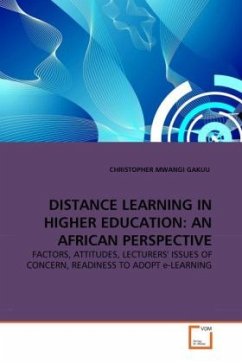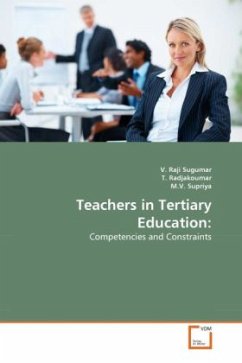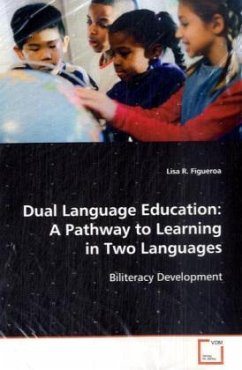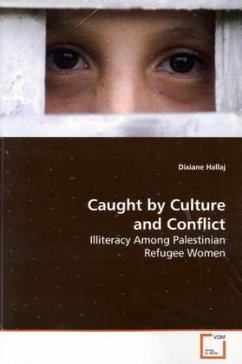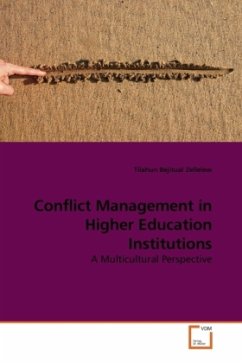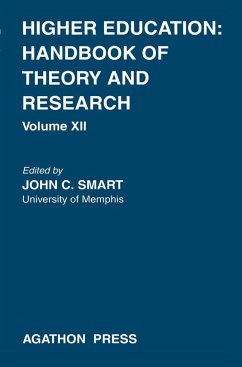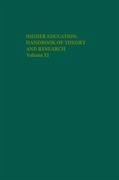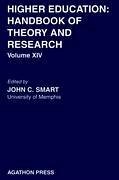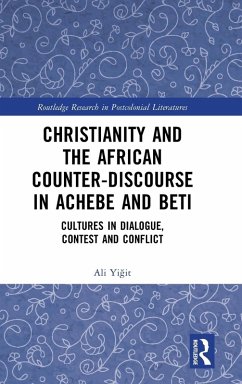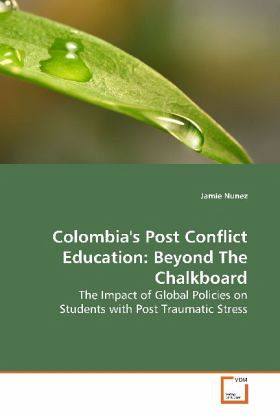
Colombia's Post Conflict Education: Beyond The Chalkboard
The Impact of Global Policies on Students with Post Traumatic Stress
Versandkostenfrei!
Versandfertig in 6-10 Tagen
32,99 €
inkl. MwSt.

PAYBACK Punkte
16 °P sammeln!
The convergences between global developmental agencies and Colombia s education have always been riddled with social and political challenges. Using case study data drawn from a secondary school in Colombia, the study examines the extent to which post conflict conditions and global economic forces have interacted to shape educational processes for students with Post-Traumatic Stress. The finding suggest three lenses by which schooling curriculum and market-driven policies interact in this region.Through the lens of post-conflict conditions, it is suggested that volatile teaching conditions exi...
The convergences between global developmental
agencies and Colombia s education have always been
riddled with social and political challenges. Using
case study data drawn from a secondary school in
Colombia, the study examines the extent to which
post conflict conditions and global economic forces
have interacted to shape educational processes for
students with Post-Traumatic Stress. The finding
suggest three lenses by which schooling curriculum
and market-driven policies interact in this
region.Through the lens of post-conflict
conditions, it is suggested that volatile teaching
conditions exist in schools, including military
threats,teacher protection fees,and teacher
assassinations.Students often face educational
marginalization through lack of exposure to national
educational subject areas.The study argues that the
educational practices learned in school thrust often-
unwilling students into micro-entrepreneurship
projects thatstudents are constructing alternative
methods of learning outside of schools that are both
receptive to the content of the classroom, yet
undermine the goals of development.
agencies and Colombia s education have always been
riddled with social and political challenges. Using
case study data drawn from a secondary school in
Colombia, the study examines the extent to which
post conflict conditions and global economic forces
have interacted to shape educational processes for
students with Post-Traumatic Stress. The finding
suggest three lenses by which schooling curriculum
and market-driven policies interact in this
region.Through the lens of post-conflict
conditions, it is suggested that volatile teaching
conditions exist in schools, including military
threats,teacher protection fees,and teacher
assassinations.Students often face educational
marginalization through lack of exposure to national
educational subject areas.The study argues that the
educational practices learned in school thrust often-
unwilling students into micro-entrepreneurship
projects thatstudents are constructing alternative
methods of learning outside of schools that are both
receptive to the content of the classroom, yet
undermine the goals of development.



